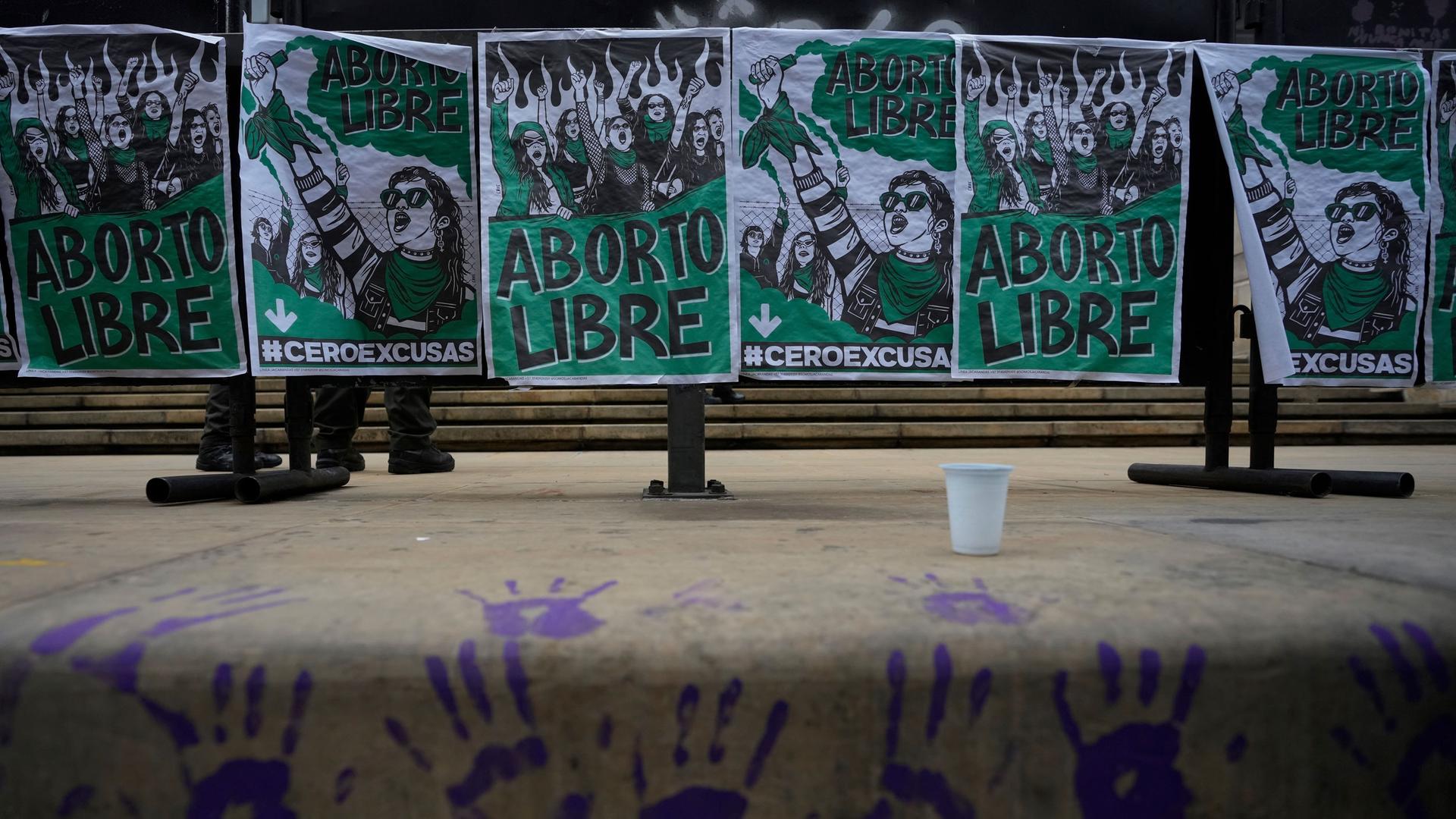This analysis was featured in Critical State, a weekly foreign policy newsletter from Inkstick Media. Subscribe here.
War complicates the decision to become a parent. For civilians caught up in conflict, the violence and uncertainty can make family planning difficult or impossible, with routes to seek medical care in cities and hospitals dangerous or extortionate. And war carries with it the threat and reality of reproductive coercion. People in war can be forced to carry children they did not intend, and they can similarly be coerced to give up wanted pregnancies.
In “Abortion access and Colombia’s legacy of civil war: between reproductive violence and reproductive governance,” authors Megan Daigle, Deirdre N. Duffy, and Diana López Castañeda look at the decriminalization of abortion in Colombia. The paper was published in July 2022, months before the election of leftist candidate Gustavo Petro, and focuses on reproductive rights and access as contested political space.
“Colombia, therefore, demonstrates, first, the uneven political economies of gendered conflict harms, and second, the complexity of harms beyond explicit violence — that is to say, lack of access to abortion should be read as a gendered conflict harm, as access continues to be limited by conflict-related (im)mobilities and material inequalities that are racialized, localized and classed,” write the authors.
In other words, the conflict shapes the way people can travel and the resources they have on hand, and it does so along lines of gender, race, locality, and class. While the fighting may largely be over, the duration of the war prevented the establishment of rural clinics. This absence of health care infrastructure, especially that which can address reproductive health care needs, is compounded by the legacy of sexual assaults, forced abortions, and forced births experienced by people caught up in the fighting.
The 2016 peace deal between the government and the longstanding rebel group Revolutionary Armed Forces of Colombia — People’s Army (or commonly known as FARC-EP) itself became a source of conflict over reproductive rights. The terms of the peace included taking a gender-based approach to redress harms, a framing device that was seized upon by conservative opposition to peace as a compromise too far.
“Criticizing the original peace deal’s language on gendered harms, opponents argued for a ‘no’ vote in the plebiscite by appealing to the protection of marriage, family, religion and the legal system. The then attorney-general, Alejandro Ordóñez, called the peace deal a ‘mortal blow to the Colombian family,’” the authors write.
In making this case, conservative forces in Colombian politics set the primary victim of the war as not people but families, a distinction that shifted state responsibility in the aftermath to restoring families, rather than protecting individuals.
“Abortion is cast by these interlocutors as antithetical to Colombian society and the peace process, and opposition to it as a means of forging stability, family, identity and normality in the wake of decades of conflict,” the authors write. That makes the provision of abortion care and reproductive freedom difficult, even when it is technically legal.
“Activists for reproductive justice are keenly aware of these competing demands [for addressing violence and abortion access]: on our visit to La Mesa in 2018, we were handed postcards printed with the message, Nuestro cuerpo es nuestro primer territorio de paz —‘our body is our first territory of peace,’” the authors write.
Critical State is your weekly fix of foreign policy analysis from the staff at Inkstick Media. Subscribe here.
